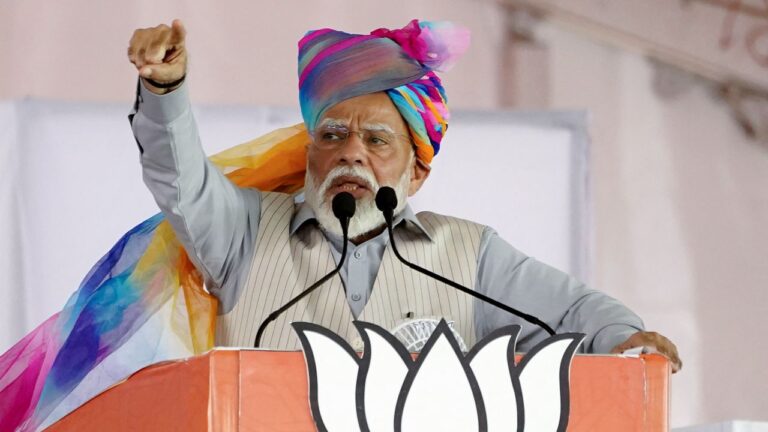On December 16, 2024, scholars and activists in Manipur launched a book addressing the ongoing violence and unrest in the state
Summary of the News
On December 16, 2024, scholars and activists in Manipur launched a book addressing the ongoing violence and unrest in the state. The publication focuses on human rights violations, societal trauma, and the urgent need for justice and reconciliation. This event highlights the critical need for truth and unity in a region marred by ethnic and communal tensions. The book’s release underscores the collective effort to shed light on the underlying causes of violence while advocating for sustainable peace.
The Role of Literature in Understanding Manipur’s Conflict
Manipur, a northeastern state of India, has faced persistent ethnic violence and unrest for decades. The launch of this book by scholars and activists is a significant step toward documenting the human cost of conflict and amplifying marginalized voices. Such initiatives serve as a crucial reminder that behind every statistic of violence lies the untold stories of individuals and communities enduring unimaginable hardship.
What Does the Book Reveal?
The book not only delves into the root causes of violence but also aims to bridge gaps in understanding. By addressing issues such as ethnic mistrust, social fragmentation, and the impact of institutional failure, it sets the stage for dialogue. The authors and contributors call for truth-telling mechanisms, acknowledging the wrongs of the past as the first step toward healing.
Manipur’s History of Unrest
Since May 2023, violence in Manipur has displaced tens of thousands of residents, with many losing homes and livelihoods. The clashes, predominantly between tribal and non-tribal groups, have been exacerbated by political decisions and insufficient governance. Institutions like the Armed Forces Special Powers Act (AFSPA) have further fueled tensions, as activists argue that the law enables impunity for human rights abuses
Truth and Reconciliation: The Way Forward
The activists behind this book believe that sustainable peace can only be achieved through a comprehensive reconciliation process. They emphasize truth-telling as a cornerstone for resolving deep-seated grievances. Without a transparent acknowledgment of injustices and a shared commitment to unity, cycles of violence may continue.
Why This Book Matters
By documenting the struggles of survivors and the broader societal impact, this book goes beyond being just another publication. It is a call to action for policymakers, civil society, and ordinary citizens to engage in the healing process. Through storytelling, the authors hope to inspire empathy and collective responsibility, critical components for building a harmonious society.
FAQs
- What is the book about?
The book explores the ongoing violence in Manipur, focusing on human rights violations, societal impact, and the need for reconciliation. - Who contributed to the book?
The book features input from scholars, human rights activists, and local community leaders who aim to shed light on the conflict. - What solutions does the book propose?
It advocates for truth-telling mechanisms, reconciliation efforts, and unity-building initiatives as steps toward sustainable peace. - How has the violence affected Manipur’s society?
The conflict has led to mass displacement, loss of livelihoods, and deep ethnic divides, creating a pressing need for recovery and trust-building. - Why is this book important?
It raises awareness about the challenges facing Manipur while providing a platform for survivors’ stories, promoting understanding and justice.


